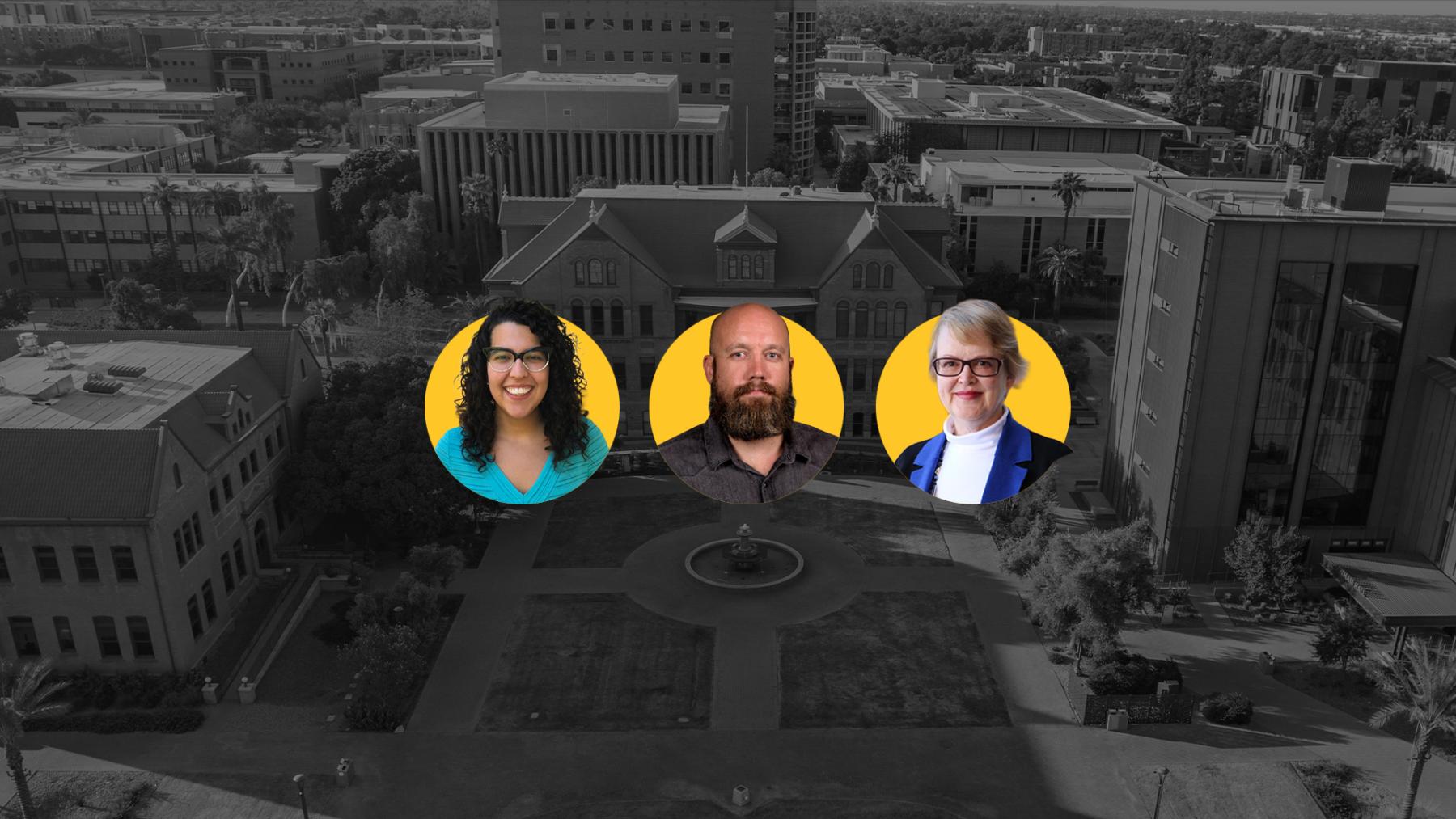
Grad15: Critical Reading Strategies
Graduate students spend a significant amount of time reading, yet it is common to reach the end of a page only to realize the content has not fully registered. Developing strong critical reading skills helps turn those moments into opportunities for deeper engagement.
Critical reading involves approaching texts as part of an active process rather than passively absorbing information. Strong readers establish patterns of reading, absorbing and integrating material, while continuously considering how each source relates to their research and what new questions it may raise.
This type of reading is an essential component of the broader, recursive research process. Each source must be evaluated not only for its contribution to the topic at hand, but also for how it reshapes or enhances understanding of work already completed.
Watch the video to explore the process of critical reading and discover strategies to support it.
Process over speed
When thinking about critical reading, some of the most common questions students ask are: How do I approach it? What makes my reading more effective? Should I be speed-reading through the readings I have?
It’s helpful to reframe reading as more than just consuming content. Think about how you’re reading just as much as how much you’re reading. We suggest thinking about reading more like a cycle than a linear path:
- Read Source 1. Reflect: How does this apply to your topic or course goals?
- Read Source 2. Now go back: How does Source 2 change or complicate your understanding of Source 1?
- Put the sources in conversation. Do they agree or disagree? Use similar methods? Reach the same conclusions?
This cycle helps with synthesizing material in your writing. You can group courses and say things like:
- “These three sources all focus on X.”
- “While focused on X, they disagree about Y.”
This sets you up to write stronger literature reviews and annotated bibliographies, as well as build deeper research arguments.
Four strategies for critical reading
1. Determine your goals or outcome. Before reading, ask yourself:
- What do I hope to learn from this text?
- What is the goal?
- How will this inform my research?
2. Preview the text. Skim headings, section breaks, figures or tables, and bibliographies to help you decide whether to read the entire article or only focus on key sections. At a minimum, read the introduction and conclusion. They’ll tell you:
- What the author planned to do
- What they accomplished
- Where future work might go
Abstracts can also be helpful in determining relevance.
3. Take notes while reading, treating the process like a conversation. Ask:
- What is the text trying to argue?
- What are my impressions, opinions and questions?
- There do I agree or disagree?
Annotate and engage with the text. While reading, highlight key research questions, mark foundational sources the author relies on, and note impressions or questions in the margins. Consider using an annotation key (color-coded or symbolic) to track main ideas, guiding questions, and gaps or contradictions.
4. Make time to review your notes – it’s easy to forget about them afterward! Ask:
- What questions did I have?
- Did the text answer them?
- What next steps should I take?
This helps you decide what to explore next and how the reading fits your broader research. Keep your notes neatly filed away by using reading logs or research journals, spreadsheets, or online citation management tools. These methods help you return to your research months, or even years, later and immediately recall what was important.
Take advantage of your resources
- ASU Librarians are an excellent resource. They can help you find databases, choose citation tools and navigate your research efficiently.
- Library Guides offer subject-specific resources curated for graduate students.
- Writing and tutoring services are here to support you at all stages, from brainstorming to final drafts. Call 480-965-9072 or visit Tutoring.asu.edu.
Reading in graduate school isn’t just about getting through the material; it’s about building a conversation between ideas, authors, and your own work. Treat it as a process, engage with your sources, ask questions, put texts in conversation with each other. Critical reading strengthens your writing, deepens your research, and helps you develop a sharper academic voice.
Grad15 is a mini-webinar series around graduate student professional development, support and resources. See all professional development events on the Graduate College’s Professional Development website.
More stories from the Graduate Insider

Graduate education is an adventure
About eighteen months ago, I set out on a journey walking the islands of the Dodecanese during a sailing trip in Türkiye and Greece with several friends. Along the way, I found winding paths, timeless villages and breathtaking views of sea and sky. That experience got me thinking about how adventure shows up in other parts of life, especially in learning.

Promoting resilience and well-being in Ghana — and across the globe

From practice to presentation: How to deliver a winning faculty job talk
Giving a job talk can feel like the most high-stakes presentation of your academic job search. It’s not just a research seminar—it’s your opportunity to demonstrate vision, communication skills, and fit within a department. In a recent Lunch and Learn, faculty members Associate Professor in School of International Letters and Cultures, Anita Huizar-Hernandez, Professor in School of Life Sciences Jeffrey Jensen, and Professor in Department of Physics Patricia Rankin shared concrete strategies to help graduate students and postdocs succeed as future faculty candidates.